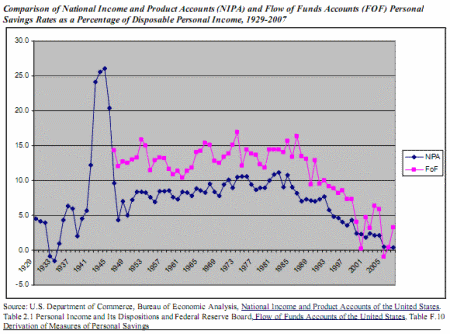♠ Posted by Emmanuel in India,Southeast Asia
at 5/29/2009 02:39:00 PM
The UNDP's Ajay Chhibber (cool name that) makes a lot of sense in claiming that South Asia will likely outdo East Asia in terms of economic growth in 2009. Although slow to reform and lacking in social safety nets, two things go in their favor: First, their export wares are largely basic goods whose demand is presumably not as quickly hit as big-ticket items such as electronics. Second, their reliance on exports as a percentage of GDP is altogether smaller. This is, of course, on top of the more recent news that India's Q1 2009 growth came in higher than expected at 5.8%.
It's nice to hear some good news, eh? From the Financial Times:
It's nice to hear some good news, eh? From the Financial Times:
Ajay Chhibber, the head of the UNDP in Asia Pacific and a former World Bank senior economist, said that growth in the east Asia region would be dragged down by the poor performance of countries like Thailand, Singapore and Malaysia. He warned that many of the so-called group of Asian Tiger economies could no longer pursue the export-led growth strategies of the past, and continue to prosper.And yes, perhaps it's time East Asian exporters begin to resemble the long-maligned South Asian ones--at least in terms of relying more on domestic demand:
“There’s something that I thought I would never see in my lifetime. For the first time, there is the possibility that south Asia may have higher growth than east Asia,” he said in an interview.
Mr Chhibber forecast that China would grow by 7 per cent this year, India by 6 per cent, its neighbours by 5 per cent, but in Thailand, Singapore and Malaysia growth would slump to about 3-4 per cent. He expressed particular alarm about the dramatic drop in trade suffered by previously conflict-marred Cambodia, Laos and Vietnam.
The prospect of south Asian countries, many of whom have severe social deficits and challenging security environments, outstripping the performance of other emerging markets in Asia will surprise many. Where export-orientated economies have suffered sharp falls in demand for their products, countries like India - with its 1.2bn population - have been sustained by domestic demand less affected by the global financial crisis. Only about 17 per cent of India’s Gross Domestic Product comes from exports; whereas in some countries in Asia exports represent more than 60 per cent of GDP.
Bangladesh, in particular, appears to have shown resilience to the downturn, with international buyers trading down to its garment exports, while its remittances flow has held up. Meanwhile, International Monetary Fund officials regard the stabilisation of Pakistan’s economy with a $7.6bn rescue package at the end of last year as broadly successful.
The UNDP’s regional head, who had a 25 year career at the World Bank, recommended that countries highly dependent on export-led growth needed to make a “structural shift” away from the old model as consumption in the West would never return to its previous highs.Go South, young man, go south.
“The export led model of growth was followed by Asia after the Asian crisis. East Asia took the lead, then south Asia was getting into the mix. This model has to change,” he said. “We can’t go back to the imbalances that we saw before. The level of exports before [is not going to return]. The US consumer is not going to absorb that much products from the rest of the world.”









